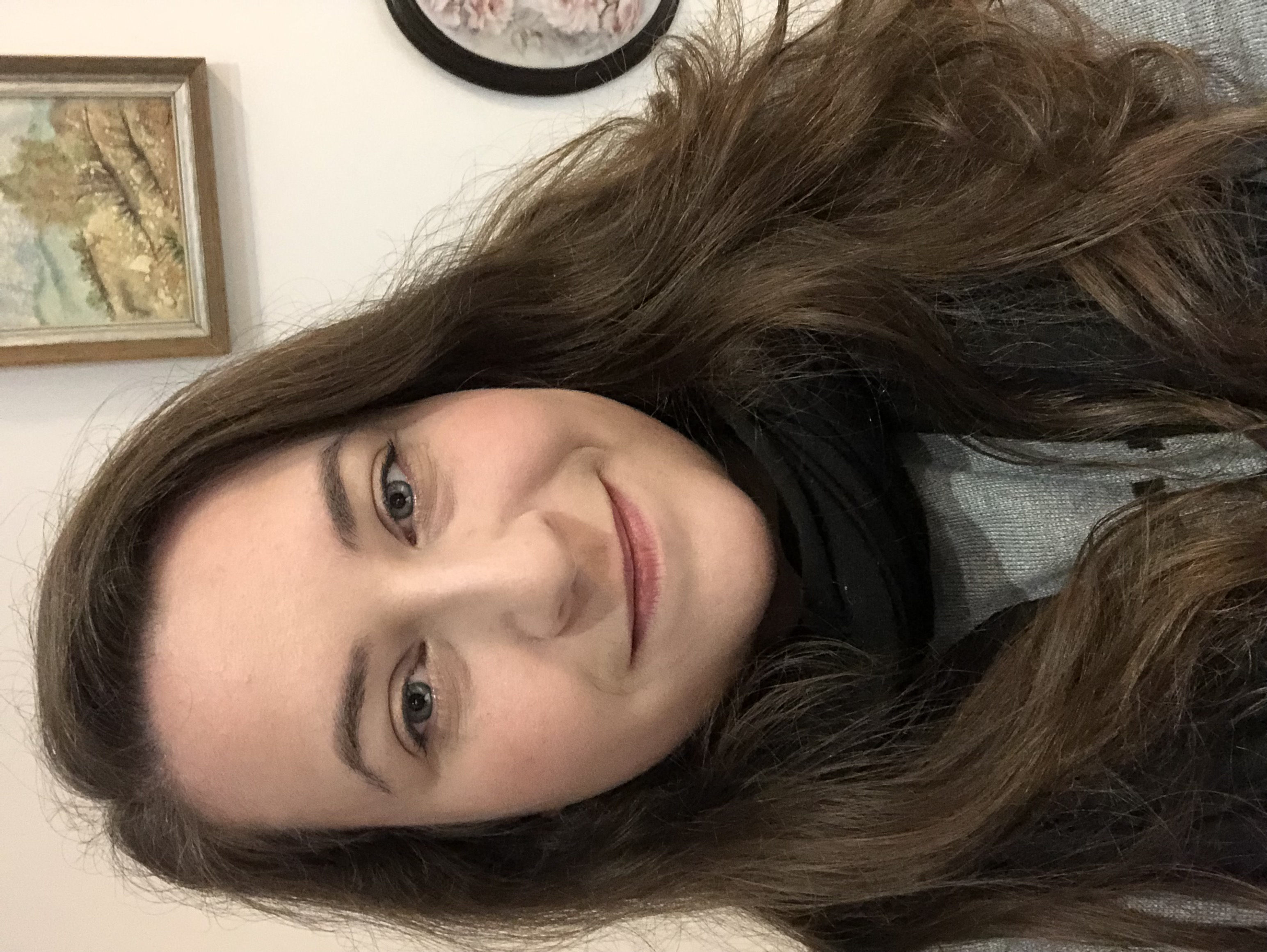4 Minute read
The phase behaviour and the rheological properties of plant-based biopolymer mixtures are essential in the development of novel microstructures for food and/or healthcare products, but are not yet fully understood. This project aims to further explore this topic.
The goals of this project are to:
- To extract quinoa protein isolate (QPI) from quinoa flour and to analyse its functional properties.
- To create phase diagrams of QPI in mixture with maltodextrin.
- To develop the microstructure-rheology relationship of the mixtures.
The details
In recent years, an increase in vegetarianism and veganism has been observed, which is due to three main consumer concerns: animal welfare, environmental issues, and the increase in the incidence of diseases caused by the overconsumption of red meat. However, the search for more sustainable products composed of plant proteins instead of animal-based proteins extends beyond food habits and reaches the healthcare, pharmaceutical and even the fashion industry. With that in mind, it is important to diversify the current sources of plant protein.
The protein extracted from quinoa is of high nutritional quality, meeting the amino acid requirements for adults suggested by the Food and Agriculture Organization of the United Nations (FAO), the World Health Organization (WHO) and the United Nations University (UNU). Therefore, the physicochemical and functional properties of quinoa protein have been increasingly studied.
For some applications, however, it is necessary to mix a plant protein with a polysaccharide to achieve the desired final product properties, such as sensory attributes, mechanical strength and water holding capacity. Such properties are closely linked to product microstructure, imparted during thermo-mechanical processing of the raw materials.
These relationships have not yet been widely explored for plant protein-polysaccharide mixtures. This PhD research seeks to close this knowledge gap towards enabling the development of new sustainable products in the food and healthcare industries.
Graduate researcher profile: Marina Campos Assumpcao De Amarante

What did you do before you started your PhD?
Before I started my PhD in 2019, I obtained a bachelors degree in biochemical engineering and a masters degree in food science and engineering at the Universidade Federal do Rio Grande, Brazil. I had the opportunity of participating in a few research projects during my undergraduate program, which helped me realise that I wanted to pursue this career. That time was extremely important for my training as a researcher because I acquired not only lab skills, but also written and oral communication skills, which are fundamental in the position that I occupy today.
What are the challenges of your research role?
It can be challenging to manage a joint PhD, especially between Universities located on two different continents, due to the time zone differences. It can also be difficult to participate in the activities and assessments of both Universities. However, the biggest challenge is to deal with the disappointment and frustration when things don’t go well! This is research, however. A “bad” result is still a result, and “good” or “bad” often depends on perspective in this field.
What is the best part of your research role?
The best part of my role is the satisfaction of contributing to the scientific community on some level. The challenges will be worth it if the findings of my research help someone else in the future. Being part of both the University of Birmingham and The University of Melbourne is great since I have the opportunity to contribute to two different research groups, that often present different points of view, which is very important in a scientific context.
I have the chance to use the research facilities of both universities, which I found to be complementary, and that greatly increases the relevance of my research. Also, the joint PhD also provides me with a unique opportunity to experience the different cultures of the two countries.
Where do you wish to go after your PhD? Do you want to enter industry or continue doing more research?
After completing my PhD I would like to continue doing research but at an industry level. I have always been inserted in an academic environment and, although I enjoy it, I would like the opportunity of taking on a completely new challenge in the industry.
Supervision team
- The University of Melbourne: Professor Sally Gras
- University of Birmingham: Professor Bettina Wolf
First published on 1 September 2022.
Share this article
Related items
-
Joint PhD opportunities
See which joint PhD projects are currently open for enrolment in the Priestley Scholars.
-
Self, World and Meaning: a Phenomenological Mixed-Methods Investigation of Delusions in Early Psychosis
This research project conducts an unprejudiced investigation into the experience and meaning of delusions in early psychosis.
-
Modelling and simulation of the agglomeration of settling particles under shear in dewatering processes
This research project seeks to improve the process of solid-liquid separation through the use of scientific models.
-
How to apply
Apply for a joint PhD with the Priestley Scholars.